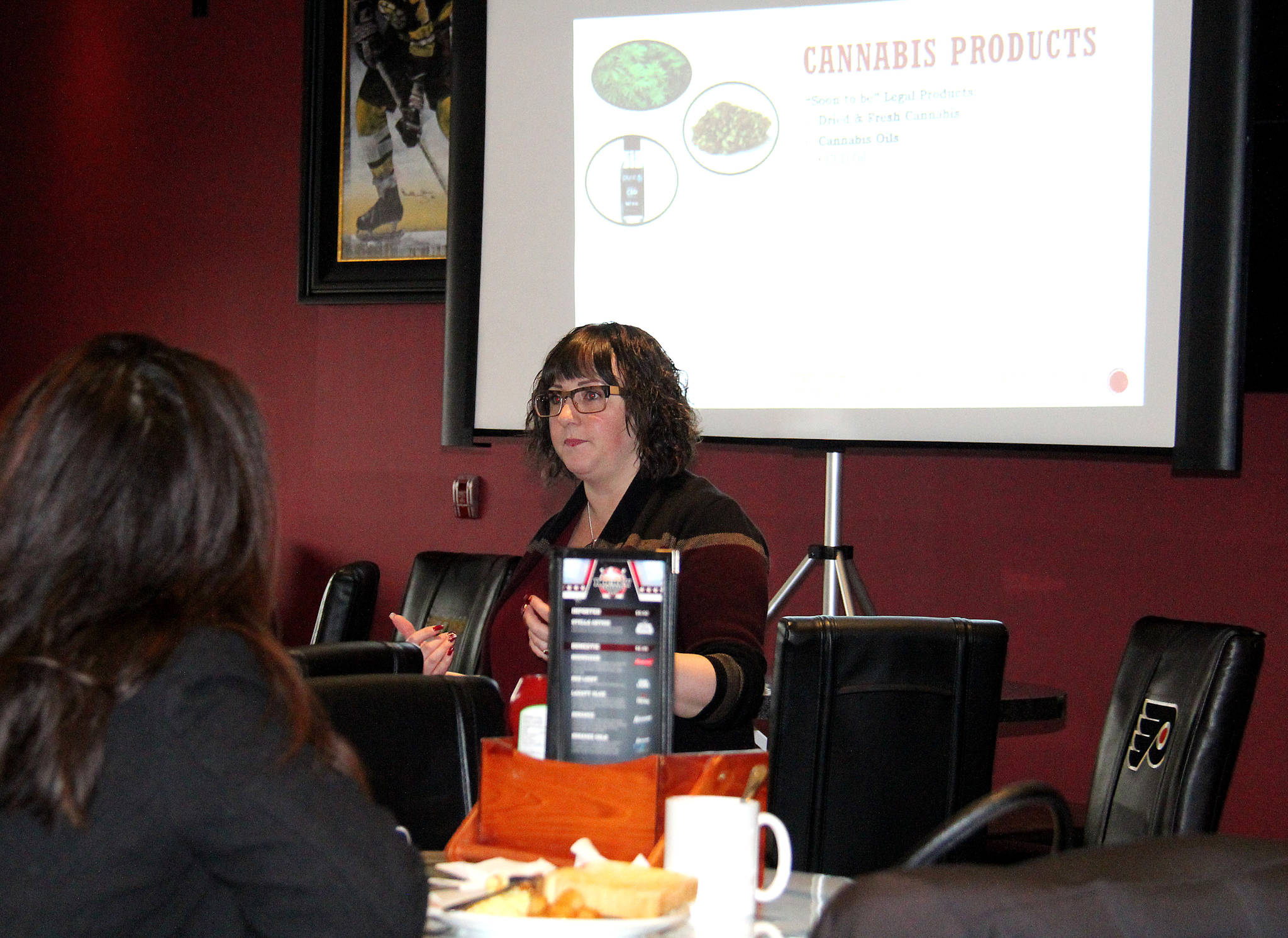With pot legalized across the country as of Oct. 17, business owners should be prepared for the shift that is sure to come.
Chelsey Tannahill, president of Chandler Consulting a company that not only tests for drug and alcohol but also write policies for businesses, says the shift should have been done before now.
Because the country has known cannabis was set to be legalized this year, at first by July and then pushed back to October, everyone should have had new policies in place long before now.
“Cannabis [will be] legal. Period, end of discussion. There is nothing we can do to stop that, so we have to adapt,” Tannahill said.
Ideally, she said businesses should have adopted new policies about six months ago, as it would have given employees plenty of time to understand the new order within the work day.
Even with legalization day occurring on Oct. 17, Tannahill strongly urges all businesses to create new workplace policies that dress both medical and recreational cannabis and it’s place at work.
“It is very important, especially now, for your employees to know what is and isn’t alright at work,” said Tannahill.
“If it isn’t expressly lined out in your policy, which is signed by every employee, then it could potentially create legal issues for you down the road.”
Right now, there is little or no legal precedent for cannabis in the work place, because there have not yet been any cases come before a judge. Because of this many businesses and companies are telling their employees they will not be able to consume the substance over a 28 day period.
In most of these cases the companies are specifying those who work in areas where a clearly head in expressly needed to work safely, such as a pilot or a police officer.
Tannahill says these companies also have “deep pockets” in case of a legal suit. In most cases she recommends caution.
“It comes down to infringing on your employees personal time, which we as employers have no right to dictate.”
She suggests treating it similarly to alcohol in policies, and advising employees not to consume the substance within eight hours of work as any closer and they run the risk of still being impaired when they come to work.
However, it is important to remember that cannabis can stay in a person’s system roughly 24 hours, or longer, after ingesting. Which means a drug and alcohol test will still detect cannabis in a person’s system.
Because of this, Tannahill tells employees not to consume it within 36 hours of work because of the testing.
“We can’t impose on their personal time, but I recommend to employees to consume cannabis during their days off,” said Tannahill.
Because marijuana is a legal substance in Canada as of Wed., Oct. 17, Tannahill also recommends business owners change they way they speak about drugs and alcohol in the work place and in the company’s policy.
Most companies will have a “drug and alcohol” policy which Tannahill says is outdated and doesn’t take into consideration prescribed medication.
Instead, she says the language should be shifted to talk about “impairment at work” and whether or not an employee is “fit for work.”
“Canada doesn’t have a drug and alcohol policy, the one most widely used is from the states and is more about the ‘War on Drugs’ than our employees safety,” Tannahill said.
By making the policy about being fit for work rather than being a drug and alcohol free workplace, Tannahill says it creates an atmosphere where the employee’s health and safety is more important.
Lastly, Tannahill suggests giving employees time to review and understand the new policy. When the policy is written and comes into effect, Tannahill said to have all new employees and contractors sign off on it right away.
Current employees should be given time to review and understand the document before signing it. Tannahill says 60 days is the average window of time for current employees.
“It is a term of condition so all employees must sign off on it, but for current employees there should be a buffer as to when it comes into effect for them so they can adjust properly,” Tannahill said.



